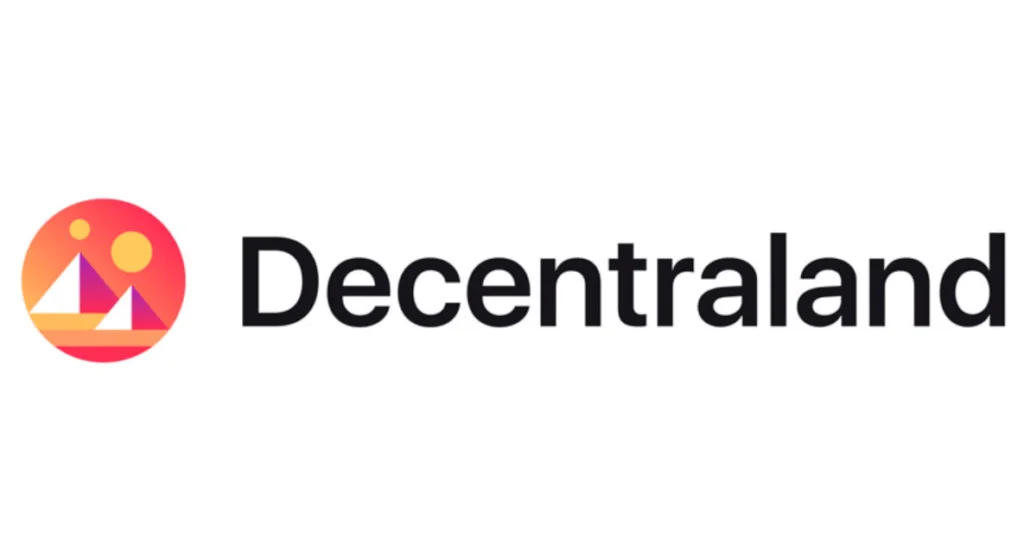Virtual reality has come a long way since the days of simple 8-bit graphics and basic game mechanics.

With the advent of blockchain technology, virtual reality has become more immersive and interactive, creating new opportunities for innovation and exploration.
Decentraland (MANA) is a prime example of how blockchain technology can be leveraged to create a virtual world that is decentralized and owned by its users.
While Decentraland presents many exciting opportunities, it also raises ethical concerns that must be considered. If you are starting on crypto trading, try Tesler platform! It is an amazing online trading platform for a seamless trading experience.
Ownership of Virtual Property
One of the key features of Decentraland is that users can own virtual property in the virtual world. This creates new opportunities for digital asset ownership and investment, but it also raises questions about ownership rights and responsibilities.
Who owns the virtual property? Is it the creator of the virtual world, the user who purchased the property, or the blockchain itself? These questions are not only important for legal purposes but also for ethical considerations.
Ensuring that virtual property is owned and controlled by users rather than a centralized authority is a key principle of decentralization, but it also requires a complex system of rules and regulations to ensure fair and ethical use.
Virtual Identity and Privacy
Another ethical concern with virtual reality is the issue of virtual identity and privacy. Users in Decentraland can create avatars and interact with others in the virtual world, raising questions about who has access to personal information and how it is used.
Virtual reality presents unique challenges for data privacy and security, as users are often asked to provide personal information in order to access certain features or services.
Ensuring that user data is protected and secure is crucial to maintaining trust and confidence in Decentraland as a platform.
Virtual Currency and Financial Transactions
Decentraland also raises ethical questions about the use of virtual currency and financial transactions within the virtual world.
As virtual property and assets become more valuable, there is an increased risk of fraud and exploitation. Ensuring that financial transactions are secure and transparent is essential for protecting users from fraudulent activity and promoting ethical use of the virtual economy.
This requires a robust system of regulations and oversight to ensure that transactions are fair and transparent, and that users are not taken advantage of.
Social and Cultural Impacts
Virtual reality has the potential to shape social and cultural norms in profound ways, and Decentraland is no exception. The virtual world allows users to interact with each other in new and innovative ways, creating opportunities for social interaction and collaboration.
However, it also raises questions about the impact of virtual reality on social and cultural norms.
For example, will virtual reality lead to the creation of new social and cultural norms that are distinct from those in the physical world? Will virtual reality promote diversity and inclusion, or will it exacerbate existing social and cultural divides? These questions are important to consider as virtual reality continues to grow and evolve.
Conclusion
Decentraland presents exciting opportunities for innovation and exploration in the world of virtual reality, but it also raises important ethical concerns that must be addressed.
Ensuring that virtual property is owned and controlled by users, protecting user data and privacy, promoting ethical financial transactions, and considering the social and cultural impacts of virtual reality are all crucial to promoting a fair and just virtual world.
As Decentraland continues to grow and evolve, it is important that these ethical concerns are given the attention they deserve in order to ensure a positive and inclusive virtual reality experience for all users.
